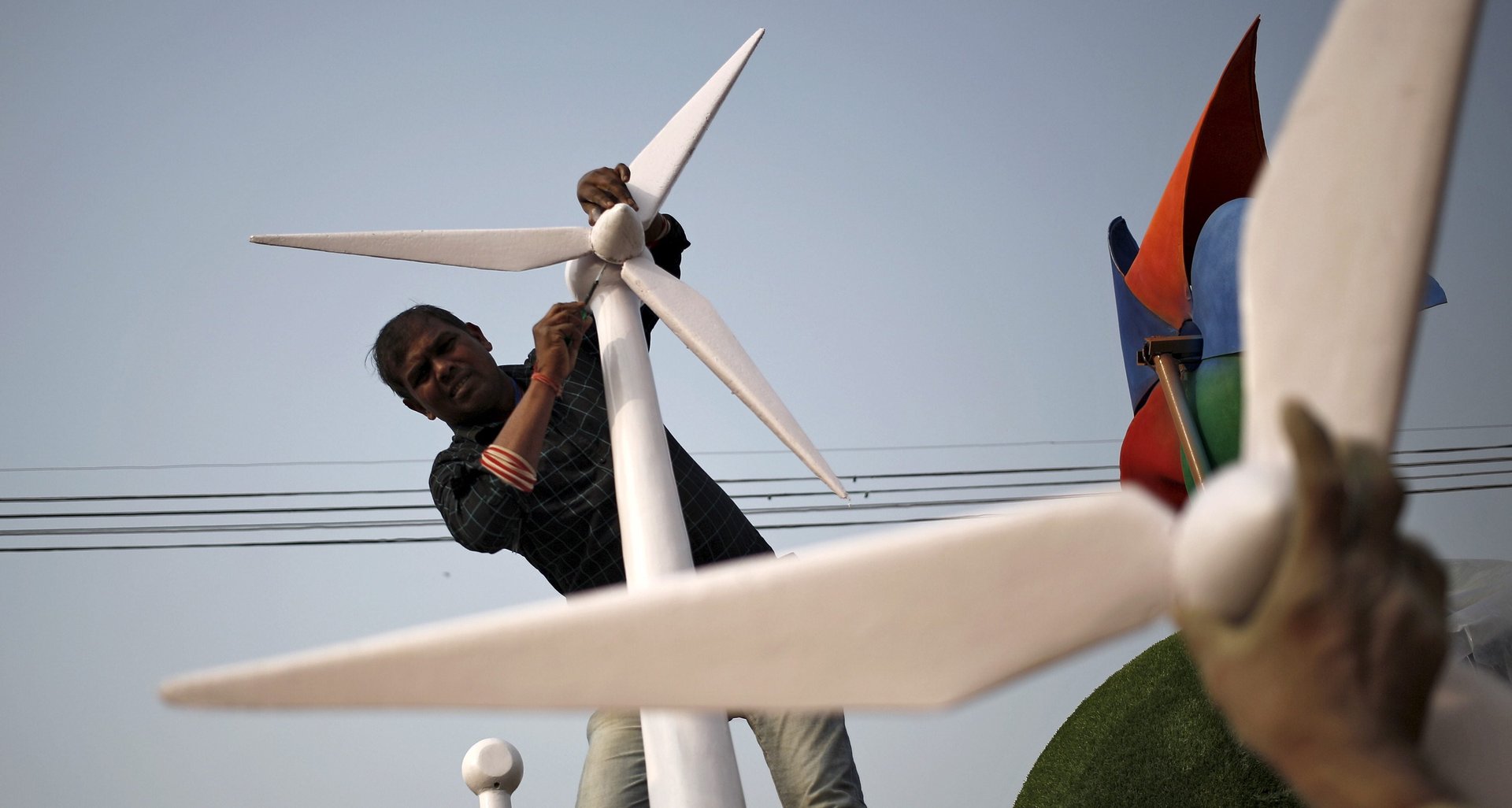Which is the best Indian state to set up a renewable energy business?
Renewable energy firms in India love the western state of Gujarat.


Renewable energy firms in India love the western state of Gujarat.
It has topped a ranking of states on the basis of ease of doing business for renewable energy firms in the country, according to a survey by the New Delhi-based Bridge to India consultancy. The survey involved 41 CEOs of companies that develop solar and wind parks or manufacture clean energy equipment, as well as operations and maintenance players and other contractors.
The rankings include only those 11 states which house substantial renewable energy projects, said Bridge to India consulting manager Arti Mishra Saran, who led the survey.
“Gujarat is always favourable because land acquisition is less of a problem there,” Saran said. In many government tenders, winning developers have to find the plot to build their solar and wind projects themselves, which makes land availability a crucial criterion when assessing the ease of doing business.
CEOs also value clarity in government policy, a favourable payment track record, hassle-free permits and approval process, and minimal risk of the state’s power distribution companies (discoms) refusing to buy electricity from them and continuing to source it from coal plants, the survey report says.
Bad news next
However, in recent times, many states have stepped away from these favourable policies, Saran said.
For instance, in March, Andhra Pradesh in southern India restricted its open access policy that allowed heavy consumers of electricity to buy power directly from solar parks instead of discoms.
Similarly, Uttar Pradesh’s new net metering policy forbids commercial and industrial buildings from supplying excess power from their rooftop solar panels into the grid. This has cut off an alternate revenue stream, which would have helped offset the cost of installing the panels. This means consumers are now left with a weaker incentive to switch to generating solar power on their own instead of buying electricity from discoms.
“A good open access or net metering policy always gives discoms a fear of losing their big consumers. Their financial state is anyway not great,” Saran said. “That is why sometimes the (state) governments are under pressure to balance between what the discoms want and what the sector needs.”